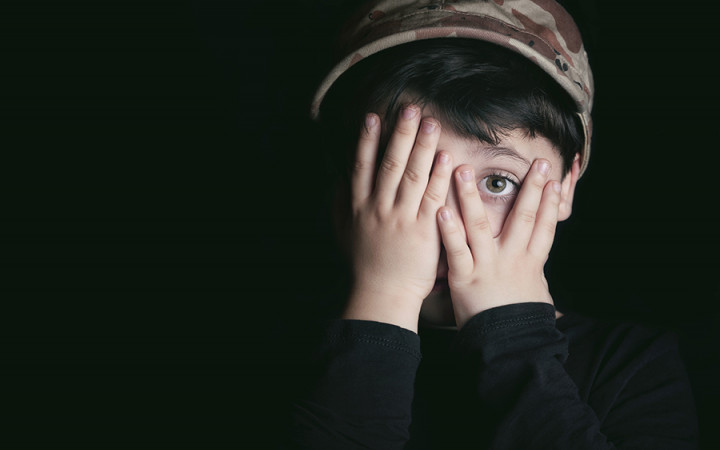Today’s Wonder of the Day was inspired by Tana. Tana Wonders, “What causes people to have phobias?” Thanks for WONDERing with us, Tana!
Do you ever have strange dreams? We had the weirdest dream the other day. Do you want to hear about it? It was kind of scary.
We were trapped in a small glass elevator that was perched precariously atop a skyscraper. Just when we didn't think things could get any worse, we realized that the floor of the elevator was covered in spiders and snakes.
As we opened our mouths to scream, we woke up panting and sweating. Whew! We were glad that dream was over. It was like a nightmare compilation of some our worst fears.
Are you afraid of any of the things in our dream, like enclosed spaces, heights, spiders, or snakes? If so, it's understandable. Those are some of the most commonly feared things amongst both children and adults.
Sometimes kids feel self-conscious about their fears. The world often places a high value on bravery and not being afraid. However, fear is a natural human emotion that we're all born with. In fact, fear works a bit like an instinct that helps to protect us from things that can harm us.
For example, it's perfectly normal to experience fear when you encounter a barking dog or a tornado. Sometimes, though, fears go beyond situations that would cause most, if not all, people to be afraid.
When people have intense fears of particular things or situations, we call these fears phobias. Objectively, the fears at issue aren't proportionate to the actual danger involved. However, people with phobias feel like the danger is heightened and very real because their fears are so strong.
Phobias can significantly impact everyday life and interfere with normal activities. When people have phobias, they will be afraid of the thing or situation at issue every time they face it. Moreover, people with phobias also frequently worry about and avoid things and situations related to their fears.
If you have a phobia of dogs, you might avoid going outside because you worry about running into a dog. Likewise, people with a phobia of enclosed spaces, such as elevators, might avoid going places where they would be forced to use an elevator.
When searching for the cause of phobias, the answer isn't always clear. Some people develop phobias as a result of a particular traumatic experience. For example, someone might develop of phobia of dogs if they've been bitten by a dog in the past.
In other cases, however, there's no clear past event that a person can point to as the source of a phobia. Some phobias are simply a result of particular personality traits, certain genetic factors you're born with, or a culmination of various past life experiences.
Phobias can be conquered with hard work. Usually, people overcome phobias by slowly facing their fears. This may take the form of confronting fears one small step at a time. A person who fears dogs may look at pictures of dogs before building up to petting a dog and finally walking or playing with a dog.
Professional help from a therapist may be necessary for particularly strong phobias. Relaxation techniques can be taught that will allow a person to control breathing and manage the physical effects of anxiety in order to prevent becoming overcome by fear as you seek to battle a phobia.
Experts estimate that about 5% of people in the United States have at least one phobia. Women are also slightly more likely than men to have phobias. Some common phobias you may have heard of include: claustrophobia (fear of enclosed places, like elevators, closets, tunnels, or airplanes); arachnophobia (fear of spiders); acrophobia (fear of heights); ophidiophobia (fear of snakes); or cynophobia (fear of dogs).




